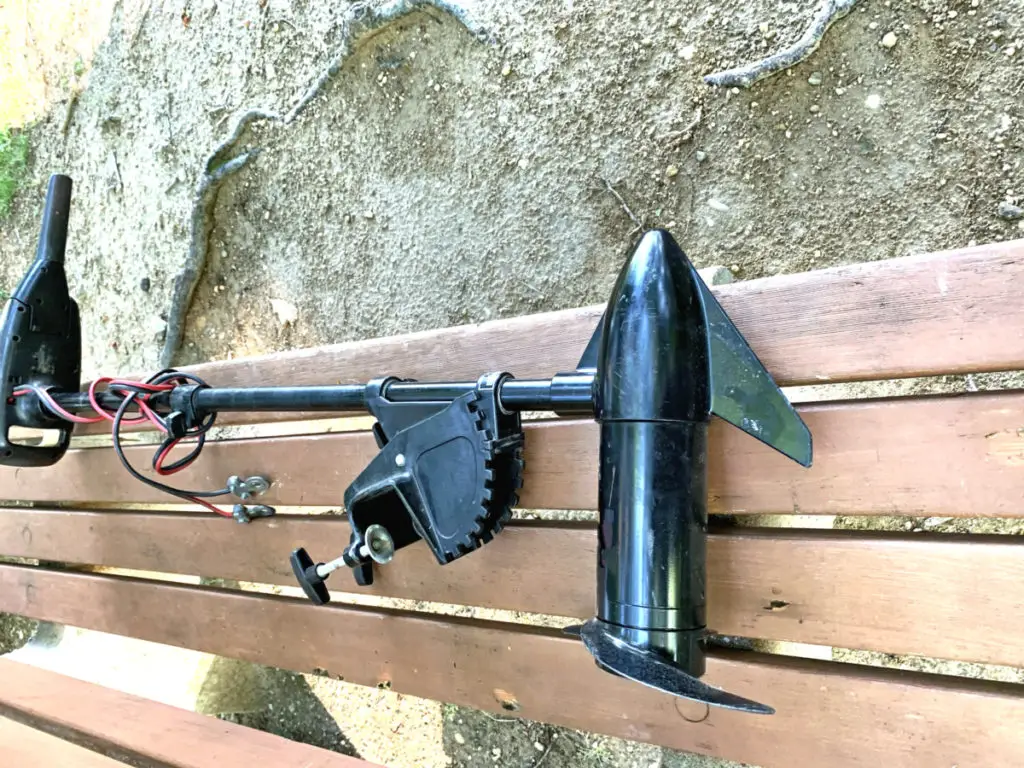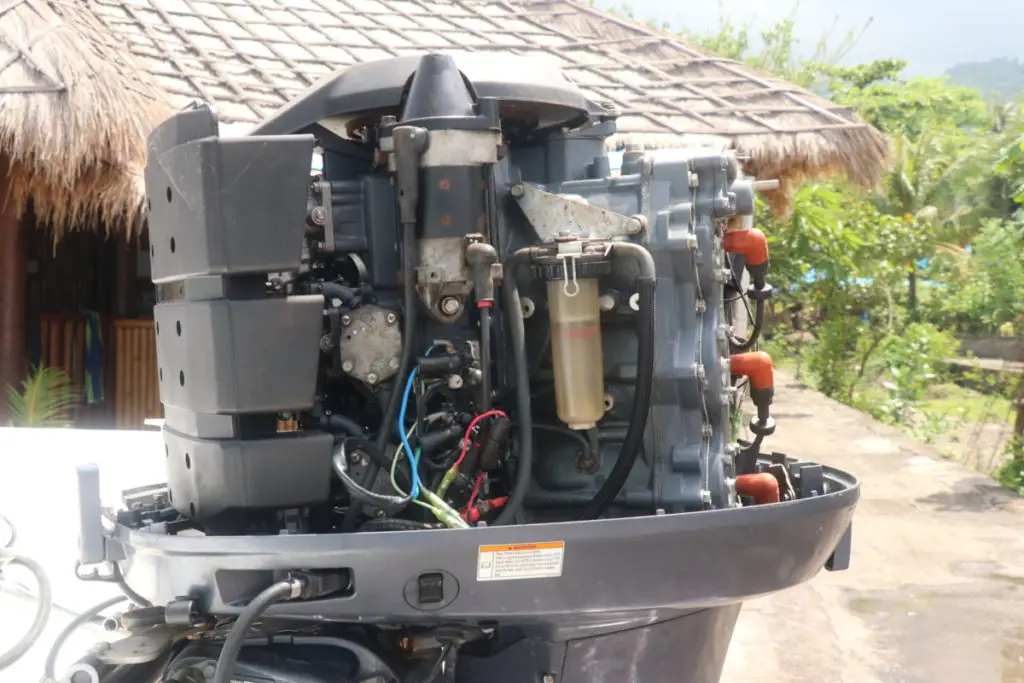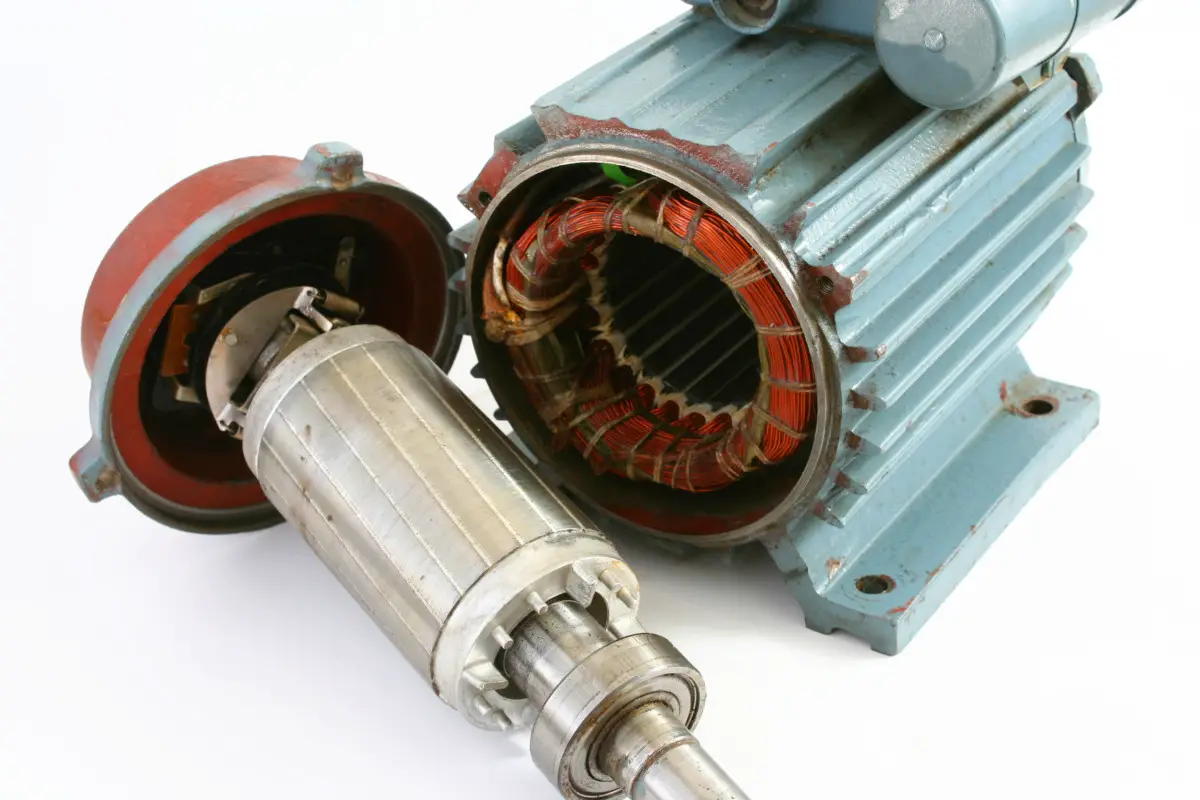As an Amazon Associate, we earn from qualifying purchases. We may also earn commissions if you purchase products from other retailers after clicking on a link from our site.
Electric outboards are popular choices for anyone looking to buy a boat or dinghy. But they also come with a high price tag, so are they worth the price? Or should boatowners look into getting other motors?
Electric outboards can be a good, cleaner choice for any boat owner. Unlike more traditional combustion engines, electric outboards are cleaner and don’t have any fumes or require any fuel. However, initially, they cost more than other forms of motors for boats.
Over the rest of this article, we’ll go into more detail about how electric outboards work, their pros and cons compared to other types of motors, and some of the reasons why an electric outboard may be the best purchase for you whether you are on a catamaran or a monohull.

What Makes Electric Outboards Better Than Other Motors?
The most common form of outboard motor you’ll find on the market is a gas-powered outboard.
Although gas-powered outboards are cheaper and more readily available, they come with some drawbacks.
Electric outboards are both cleaner and greener than gas-powered outboards. Gas-powered outboards rely on fuel and release fumes. They also have build-up in the carburetor.
The reason electric outboards are more environmentally sound than gas-powered ones is two-fold: Gas-powered outboards require fossil fuel, like gasoline, and release gases when they run. Since electric outboards use electricity instead, they don’t cause such problems.
These gas-powered outboards also create water pollution. Two-stroke motors, one of two major types of gas outboards, can release up to 25-30% of their unused gasoline and oil mixture into the water, polluting the water source.
Four-stroke motors, the other primary motor type, are better than two-stroke motors, releasing less than 3% of their unused fuel and oil.
Electric motors release no oil or fuel because they don’t require either to operate. They also don’t release any fumes because of their power source.
Electric motors may initially be a bit pricier than gas outboards, but their lessened impact on the environment is undeniable and usually, over time the electric alternative will be cheaper.
Maintenance
While electric outboards are very low maintenance, gas-powered ones aren’t.
If they’re not maintained properly, they develop different mechanical issues. One of the most common issues that gas outboards have is build-up in their carburetors. Engines have thousands of moving parts, electrical motors barely have a hundred.
As fuel in the motor evaporates, it can build up within the motor’s carburetor, leading to issues such as less power output or misfiring.
Another common mechanical issue faced by gas-based outboards is their tendency to overheat. When running your boat on the water, the outboard uses the water to cool down. However, things can quickly become stuck in the water intake valve. The motor can’t take in water and becomes overheated.
Noise
Due to the pollution problem, many lakes have begun to ban the use of gas-powered outboards. This push necessitates the use of electric outboards.
Even if your lake allows for gas outboards, though, another issue you can face is the noise the machines make. Electric outboards are far quieter than gas ones because there’s no combustion in the engine. If you use your boat for fishing, an electric outboard will prevent scaring fish away.
Motors also vibrate less which means a more comfortable ride.

The Verdict on Gas-Powered Outboards
Gas-powered outboards certainly can be a good purchase for a boat owner due to their availability, long-range, and lower cost, but they do face some issues compared to electric outboards.
The two main issues that gas-powered outboards face compared to electric-based ones are their impact on the environment and maintenance requirements.
Gas outboards release pollutants into both the water and air and are prone to things like overheated engines without proper maintenance.
They’ve also been banned in many waterways and are noisy. Electric outboards have none of these issues. Electric outboards aren’t perfect, however.
Electric Outboards Pros and Cons
As mentioned, the biggest benefit of electric outboards is the lower environmental impact, less noise, and no water pollution. They may be superior to gas ones in many ways, but they also have their downsides.
High Costs
The biggest issue with electric outboards is their cost. Some models are found for around $200, but these are weaker machines and generally don’t have enough drive for frequent boating. Most quality models start around $1000. Some other models, however, can double or even triple that cost.
Even with these higher initial costs, electric outboards will cost less over the long term. Gas outboards require far more maintenance to run effectively, an issue that electric outboards don’t face.
Limited Range
Another issue they face is the need to recharge and carry batteries, as well as a limited range. They also take a long time to recharge. Charge times vary between models, but most batteries usually take 10 hours or overnight to recharge.
Their range is determined mainly by how you use the outboard, but gentle handling can get you around 15 nautical miles. Driving at a faster pace will inevitably limit the range you can boat in.
Some older electric outboards can also have heavy batteries to lift. However, more modern outboards use much lighter lithium batteries.
Why Are Electric Outboards So Expensive?
The main reason for their price is the technology needed to research and produce them. Making gas-powered outboards are easier and cheaper to create, whereas electric outboards require more and still somewhat underdeveloped technology and, as such, have a higher price tag.
The Verdict on Electric Outboards
Electric outboards are better than gas-powered outboards in many ways, but they also have their downsides. Perhaps the main downside is their cost, as they’re more expensive upfront than gas outboards. Besides, they can’t be instantly refueled and have a smaller range than gas outboards.
They are cleaner than their gas-powered counterparts and are easier to maintain over the long-term. They also may be the only option for your particular waterway, making them an attractive choice.
Conclusion
Electric outboards are a good choice and have plenty of advantages over other outboards. They’re cleaner, impact the environment less, are quieter, and require less maintenance. However, they’re pricier upfront, need batteries to be recharged between uses, and have limited range. Moreover, in some situations, they’re the only option for a particular waterway.
Here are Some of My Favorite Catamaran Cruising Resources
Thank you for reading this article. I hope you found it helpful as you hopefully start your sailing adventures. Here are some resources that I use as a sailor that I hope you’ll also find helpful. These are affiliate links, so if you do decide to use any of them, I’ll earn a commission. But in all honesty, these are the exact things that I use and recommend to everyone, even my own family.
Sailboats: If you’re looking for the best boat to suit your needs, I would recommend a catamaran. If you’re interested, I can show you the differences between catamarans and other types of sailboats.
Books: For getting started, I really like Cruising catamarans made easy. It is actually a textbook from the American sailing association; it is used to get a cruising catamaran certification. There are some other great books, and I have compiled a list of books about cruising catamarans that you will find useful.
Communication: Being out on adventures, whether it be sailing or climbing mountains, good communications are essential to being safe. I recommend two things Google fi (incredibly simple cellular data all over the world) and Garmin inreach mini (for text and voice in remote areas without cell coverage)
Sailing courses: Online sailing courses are great for beginners starting out their sailing career; it’s an efficient way of learning the basics of navigation, throttle controls, and maritime safety. I suggest starting with two free courses from NauticEd.
To see all my most up-to-date recommendations, check out this resource that I made for you!

